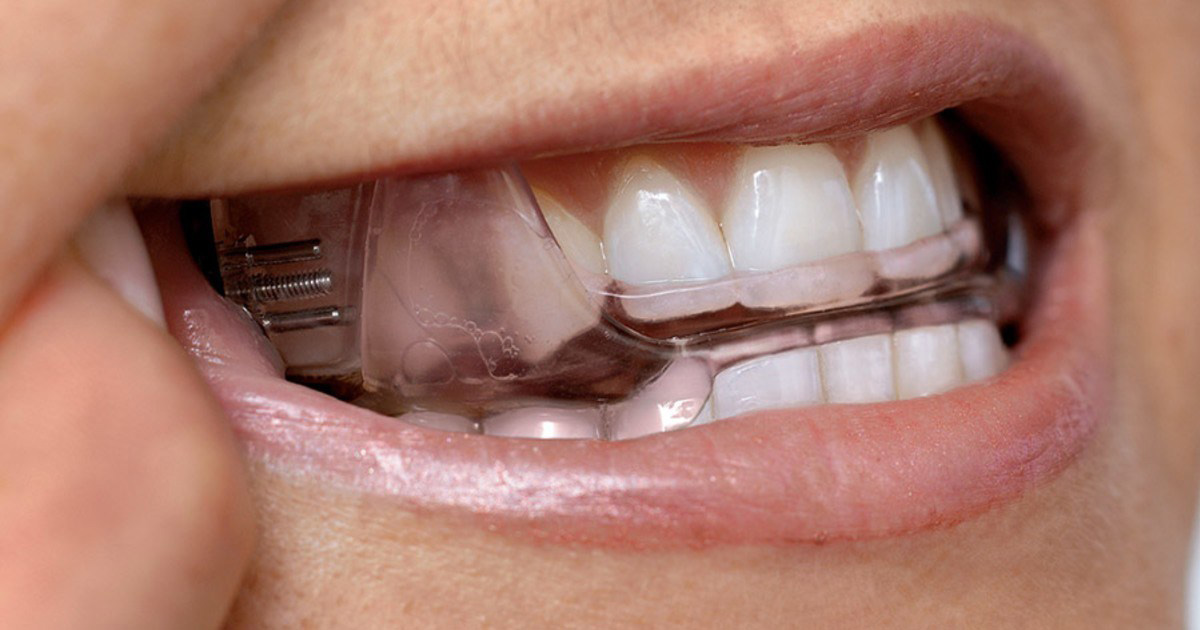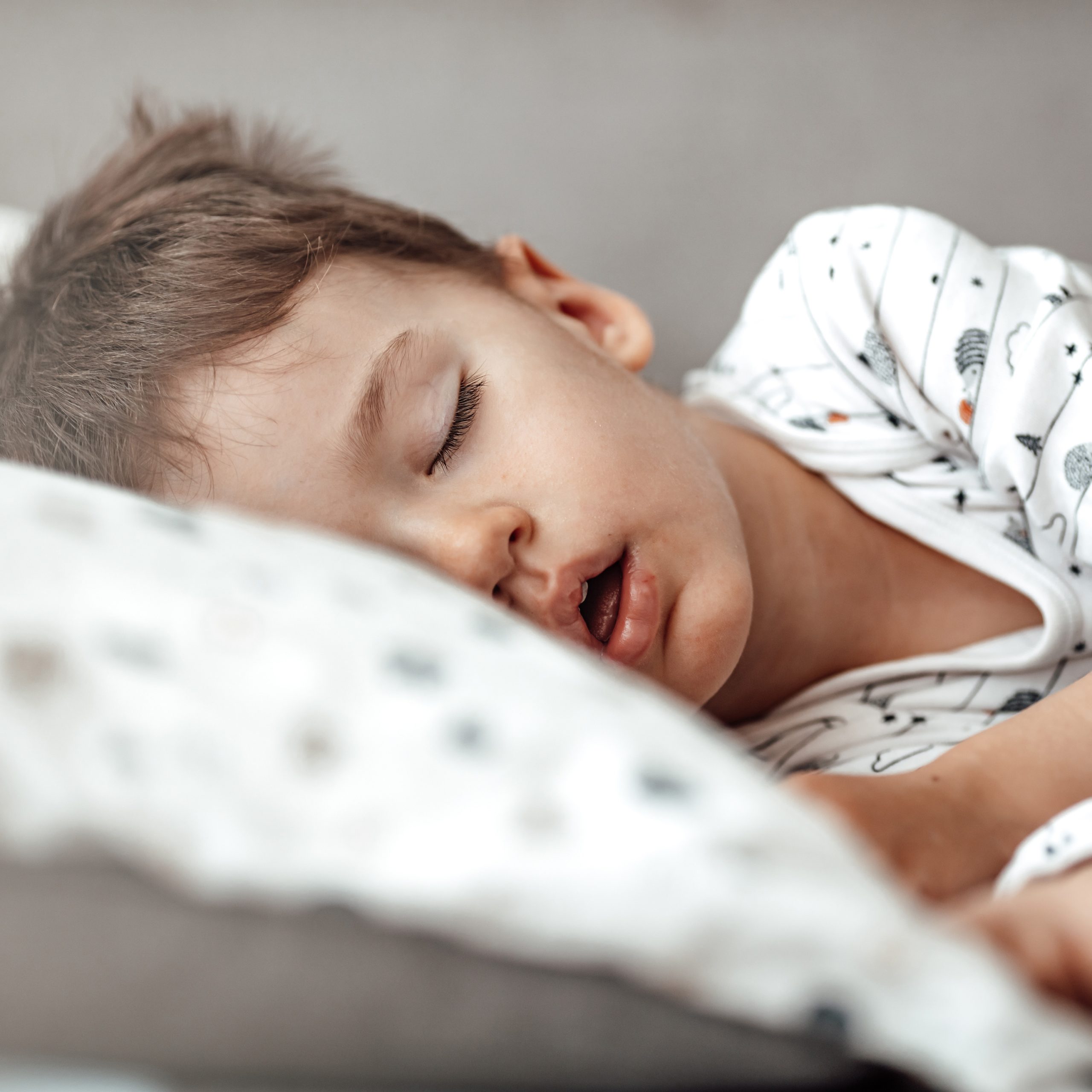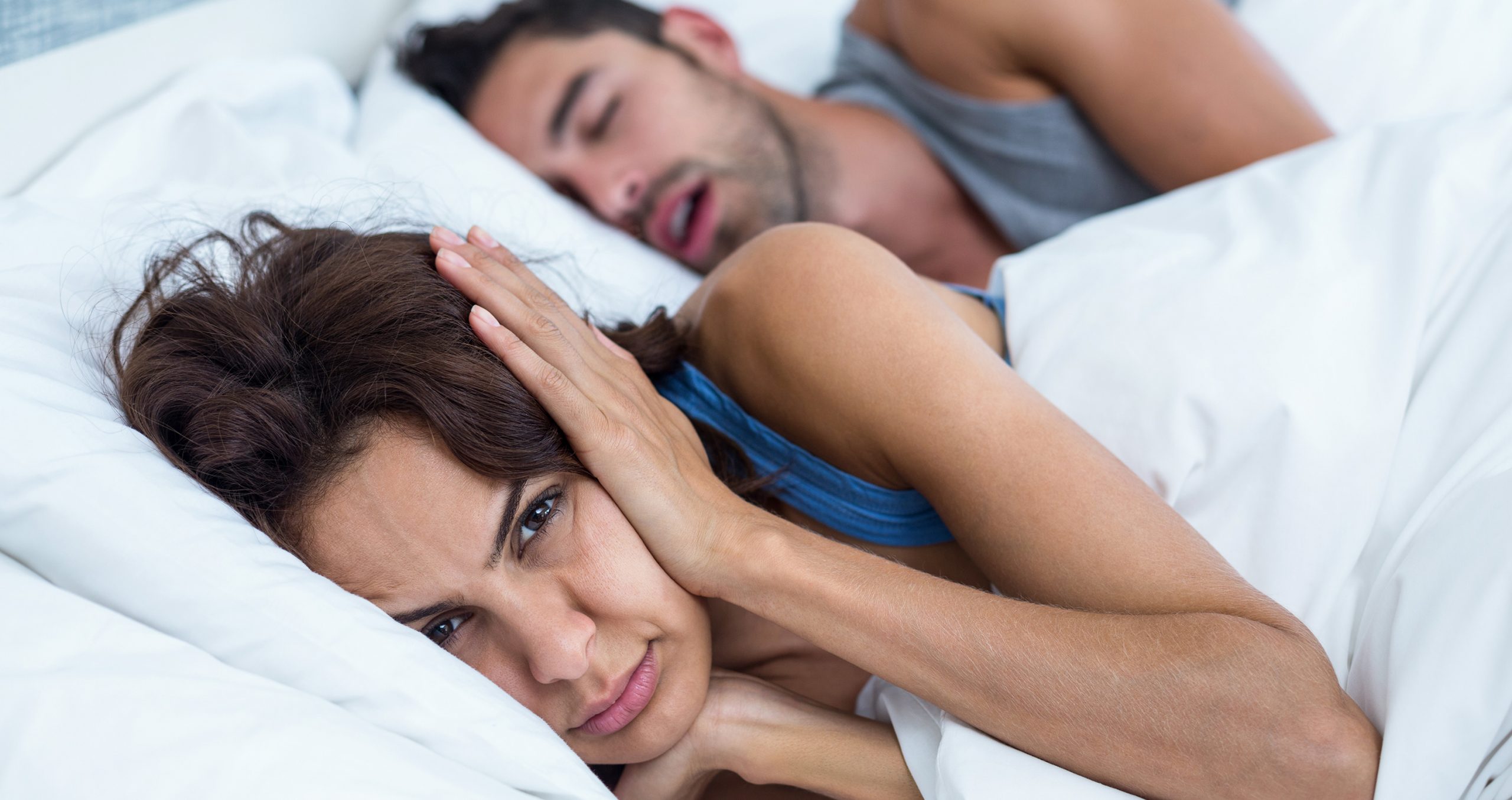Learn more about sleep apnea
Good quality sleep is essential for a healthy life. It allows us to recover physically, but also allows the brain to consolidate what it has learned and create memory. However, sometimes our sleep is disturbed by a condition called sleep apnea.
An apnea is a respiratory arrest. These interruptions can last from a few seconds to a few minutes and can occur more than 30 times per hour.
Thus, OSA (Obstructive Sleep Apnea) means stopping breathing by obstruction of the airways during sleep. (OSA represents 90% of apnea disorders). Physically, OSA is caused by muscle sagging in the throat. As the throat muscles relax, the diameter of the airways decreases. When the airways become small, tissues such as the soft palate, uvula and throat vibrate. This loud vibration is snoring. When the loss of tone leads to complete obstruction of the airways, the air stops passing and you have obstructive sleep apnea.
At every stop, carbon dioxide cannot be expelled, while air and oxygen cannot get to the lungs. To force breathing, the brain sends an alarm signal, which causes a wake-up or micro-wake-up time. These awakenings can be conscious or unconscious during sleep.
People with apnea tend to snore very loudly. However, not all people who snore have apnea systematically.
Who has sleep apnea?
According to the Quebec Lung Association, more than one in four adults suffer from sleep apnea. It can affect men, women and even children.
Certain factors increase the risk of suffering from sleep apnea, such as:
People at risk
If you are affected by the following medical conditions, you have an increased risk of suffering from sleep apnea:
Great consequences on your quality of life
OSA (Obstructive Sleep Apnea) can have several harmful consequences on the quality of life of those who suffer from it, but also for those around them. While snoring is a good indication that a person has sleep apnea, other manifestations are seen as well.
Signs and symptoms to look out for
It is important to note that a person with sleep apnea rarely has all of these symptoms, and occasionally even very few.
Sleep apnea causes less restful sleep. This condition can lead to serious long-term health and personal complications, such as:
Due to loss of focus, irritability, anxiety and memory impairment, sleep apnea can negatively impact performance at work or school. Loss of vigilance also puts you at greater risk of being the victim of a work or road accident. But the reverse is also true as these and other medical conditions such as diabetes, paralysis, hypothyroidism, cancer or high cholesterol can in turn lead to apnea.
Solutions to stop sleep apnea
Sleep apnea is a disease. It can be treated but not cured. The treatment offered by your doctor will depend on whether you have mild, moderate or severe apnea. There is no medicine that can cure sleep apnea.
Fortunately, there are treatments that are very effective including:
The CPAP | Continuous positive airway pressure device
It is a device that pushes air through the airways and prevents respiratory obstruction and snoring. This device is considered the treatment of choice for people with severe obstructive sleep apnea.
A mandibular advancement device (MAD)
The Mandibular Advancement Device (MAD) is an oral appliance tailor-made for your mouth. It allows the lower jaw to move forward gradually in order to clear the airways and eliminate their obstruction. MAD is indicated primarily in people with mild to moderate apnea. However, it can be used as a supplement in people who have severe apnea and cannot tolerate CPAP.
Establish healthy sleep hygiene
In particular by limiting the consumption of tobacco, alcohol and sedatives before bedtime.
Weightloss
If obesity is a risk factor
Positional therapy
Some positions are avoided while sleeping with the help of accessories.
Surgeries
Surgeries on the tongue, palate, tonsils, adenoids and lower jaw advancement. (tonsillectomy, uvulopalatoplasty, uvulopalatopharyngoplasty-UPPP, tracheostomy, orthognathic, nose, sinus, bariatric surgery, etc.)
Mandibular Advancement Device (MAD) | Oral device for the treatment of sleep apnea
A MAD is a device that positions the lower jaw and tongue anteriorly to open the upper airways during sleep. It must be made by a dentist qualified in the treatment of snoring and the treatment of obstructive sleep apnea, following the prescription of a specialist doctor.
OR
MAD is the first-line treatment
In addition, this device can be used in combination with a CPAP. MADs are also ideal when the person with OSA cannot use a CPAP such as when traveling (work, travel, etc.)
The dentist will determine if your dentition and bite allow the use of an MAD, but it will be the sleep doctor (often a pulmonologist) who will diagnose sleep apnea and confirm that your case would benefit from the use of an advancement device.

Sleep apnea in children

A healthy child should never snore! A child snores because his airways are not well cleared, so he cannot get as much restful sleep as he should.
Here are the consequences of snoring sleep and non-restorative sleep:
Attention disorders
Children who snore are at greater risk of attention deficit disorder in school. Additionally, some ADHD disorders can be misdiagnoses of sleep apnea. We must remain alert to these sleep breathing disorders.
Excessive fatigue during the day
In general, snorers would perform less well than children who do not snore. The cause is fatigue. Parents of children who snore often notice that their child has difficulty getting up in the morning due to unresponsive sleep.
Teeth grinding
Snorers grind their teeth more often.
Bedwetting accidents
Research shows a relationship between the problem of wetting the bed and snoring. Young snorers are more at risk of wetting the bed.
Treatment of apnea in children
The treatment for snoring in children is different from that in adults. In the majority of cases, excellent results are obtained by removing the tonsils and adenoids. For this reason, a consultation with the doctor should be the first thing to do. (Pulmonologist and / or ENT specialist)
Also, orthodontic treatments could be very beneficial for the development of the skeleton. (Enlarge the airways by advancing the mandible, palatal expansion, etc.)
An health condition not to be taken lightly
As sleep apnea lowers the level of oxygen in the blood, cognitive and cardiovascular functions are impaired. It is therefore crucial to screen for the disease as soon as you suspect you have it.
Sleep apnea is a serious problem that can have serious health consequences. The Dr. Susan Biner Dental Clinic screens all patients at cleanup appointments.
Obstructive sleep apnea is a medical condition and the diagnosis must be made by a sleep test and interpreted by a doctor specializing in sleep disorders (pulmonologist or other).
The Dr. Susan Biner Dental Clinic will be happy to coordinate for you all the necessary steps to obtain a thorough examination, a sleep test as well as the pulmonologist's diagnosis. This will allow them to identify if you have this syndrome and if you are a candidate for the mandibular advancement orthosis.
Above all, do not neglect a doubt. If you snore, are irritable and distracted, or never rested, tell your dentist.
Diagnostic
Sleepiness Assessment Test | Epworth
Not all people with sleep apnea are sleepy during the day. The drowsiness assessment test assesses your likelihood of drowsiness or falling asleep under different daily life circumstances, it gives a good reflection of excessive drowsiness. If you want to know your level of sleepiness, take this test. It may be worth repeating the test a few weeks after starting your treatment to see how your condition improves.
You can fill them in online, save them and / or print them. You can also print them in order to fill them in by hand. Once completed, you can send them to us by email, post or on your next visit.
My partner snores ...
Snoring can rob you of your restful sleep.
This is a big problem, especially if you are not the snore. This lack of sleep can in turn affect your health. Lack of sleep due to your partner's snoring can affect your performance at work and lead to chronic fatigue.
According to a study, the decibels produced by snoring can approach the decibels of a jackhammer noise. It is understandable why so many couples where one of the two partners snores sleep in separate rooms.
Questions and/or comments?
Don't hesitate to contact us
We will always be happy to answer all your questions and provide you with more information about our products and services. We also appreciate reading your comments and opinions so write to us.

